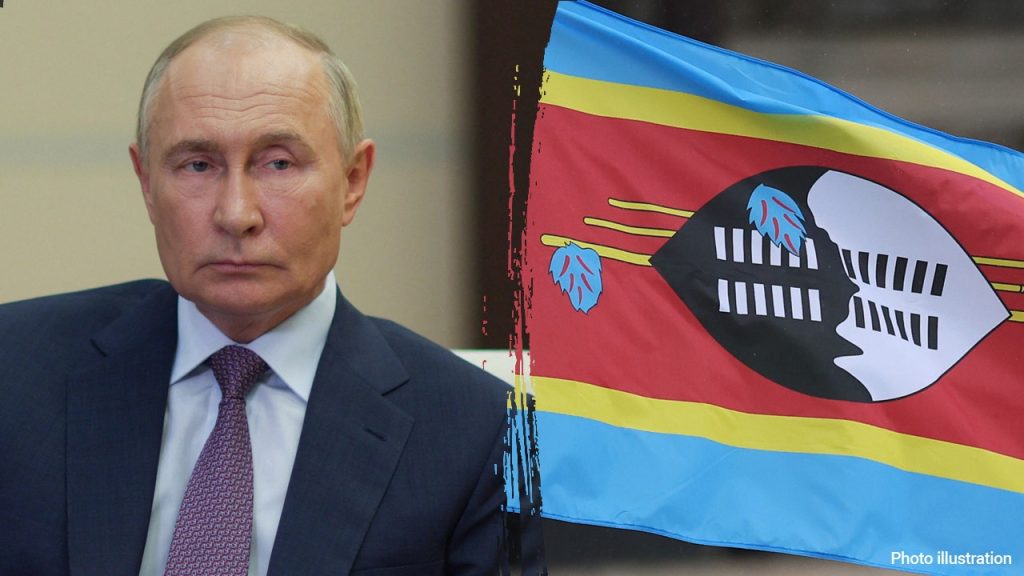The United Arab Emirates has taken a stand against Russia’s attempts to bypass Western sanctions by refusing entry to any ships from Eswatini, a country in Africa. This move is part of Putin’s strategy to sanction-proof the Russian economy, which has been in place since the invasion of Crimea in 2014. The vessels involved in this “shadow fleet” are often old, lack safety standards, and pose a threat to maritime security, making them a cause for concern. Eswatini has recently become a key player in this scheme, with several of its flagged ships transporting oil from Russia and Iran.
The UAE Ministry of Energy and Infrastructure issued a notice listing Eswatini-flagged vessels as restricted from entering UAE waters and ports, unless they are classified by a recognized classification society. Despite the fact that Eswatini-flagged ships have only recently appeared, with 26 currently in operation, Bloomberg found that many of them have unclear ownership and are involved in transporting oil produced in Russia and Iran. The United States has previously sanctioned Eswatini ships for supporting Syria’s Bashar al-Assad regime and exporting grain from Russian-occupied parts of Ukraine.
The Atlantic Council has published a report on Russia’s growing “dark fleet,” estimating that there are around 1,400 ships operating in a legal gray zone that makes it difficult for countries to take action against them. Concerns have been raised about the poor condition of these ships, as they operate illegally and lack proper maintenance and insurance. This has led to incidents where legitimate vessels are held liable for damages caused by the shadow fleet. Coastal nations are obligated to provide assistance to distressed vessels, even if they are operating illegally, putting a burden on them.
The risk of harm to coastal states from the shadow fleet is significant, as these vessels often engage in illegal activities without military involvement, making it difficult for countries to seek retribution. The lack of accountability in these situations makes it virtually impossible for countries to take action against the shadow fleet, even if they can prove that the ship is transporting Russian cargo. The Atlantic Council has warned that the poor condition and lack of accountability of these ships pose a serious threat to maritime security and could have far-reaching consequences for coastal nations.
Overall, the issue of Russia’s shadow fleet poses a significant challenge for countries seeking to enforce sanctions and maintain maritime security. The involvement of Eswatini in this scheme highlights the complexity of the situation and the need for international cooperation to address the threat posed by these illegal activities. By taking a stand against Eswatini-flagged vessels, the UAE is sending a strong message that it will not tolerate attempts to circumvent sanctions and undermine global security. The situation underscores the importance of continued vigilance and cooperation in addressing the activities of the shadow fleet and protecting maritime interests worldwide.


